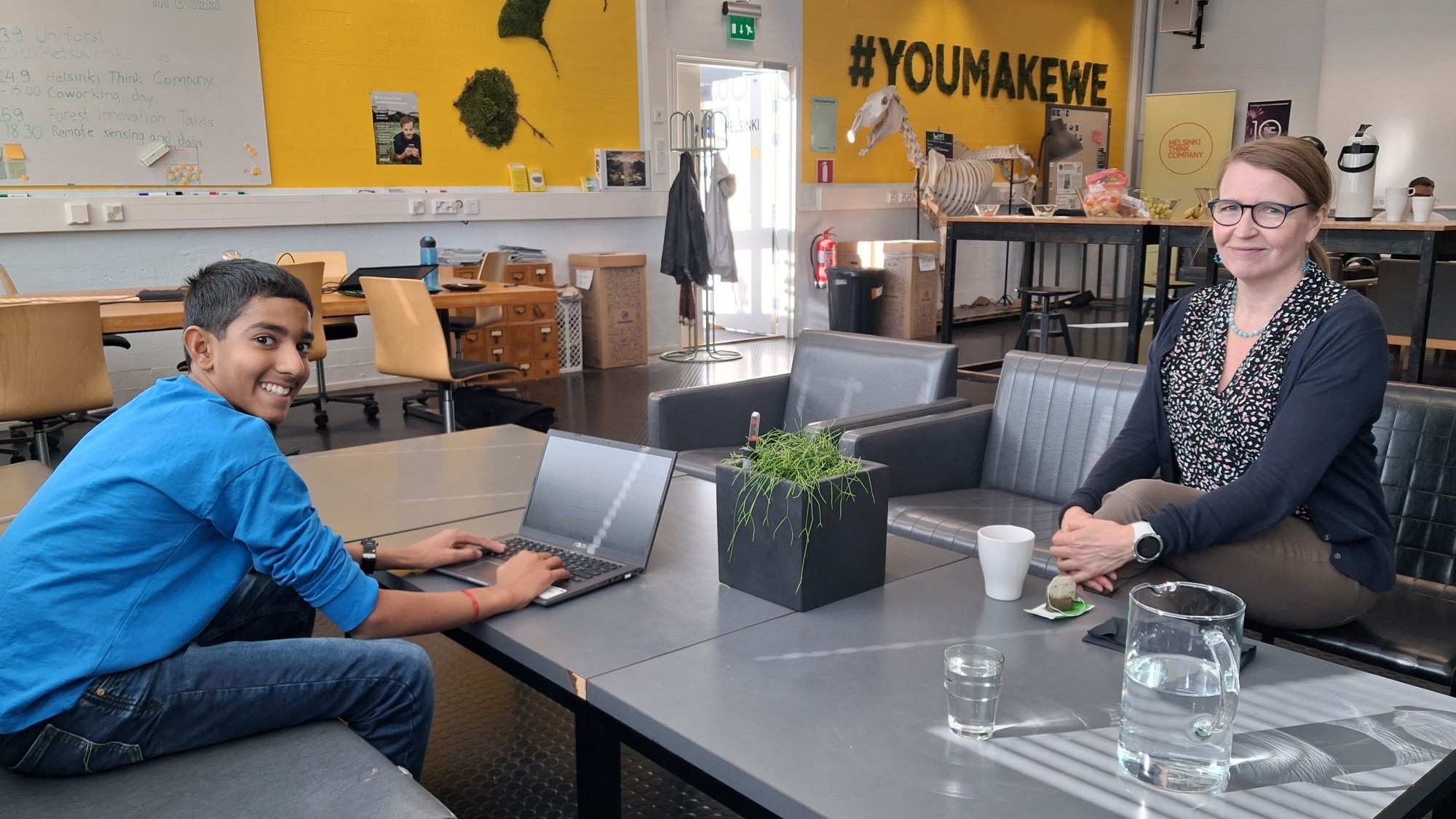According to player statistics from Finland and abroad, women play digital games almost as much as men (e.g. The Finnish Player Barometer: https://trepo.tuni.fi/handle/10024/123831). However, women are still not considered as much of gamers as men. Calling someone a gamer does not simply state the fact that they play games. Instead, gamer is a status and identity limited and elevated by the gendered power structures of game culture.
In my doctoral dissertation study, I examined Finnish women players’ gaming practices, game cultural participation, and their relationship to gamer identity. I collected the research material from Finnish adult women who play digital games with research interviews and an online questionnaire. Over 750 Finnish women gamers participated in the study: 20 in the interviews and 737 in the questionnaire.
The study showed that despite gaming having become a mainstream entertainment form and women being as active players as men, women are still a player group marginalised within game culture because of their gender.
While women participating in the study were playing very actively, many different types of games on different platforms, their gaming was often limited to home environment and familiar company. Women were also taking the role of a consumer of game culture rather than that of its producer.
As women tend to play alone or in the company of people they already know, at home rather than in public environments, and avoid visible roles in areas such as streaming and esports, their gaming remains largely hidden. This helps to maintain the illusion that all players are men. For some, this is a conscious choice, as women need to develop strategies to shield themselves from the gender-based harassment known to exist in gaming environments.
In my study, too, gender was a clear factor separating women from other players and pushing them to the margins of game culture. Three out of four women participating in the study had experienced their gender affecting their gaming – mostly in negative ways. Women’s interest in gaming is belittled, their skills undermined, and they keep facing misogyny and harassment. On the other hand, some women had also experienced their gender affecting their gaming in a positive way, and some were proud to call themselves women gamers specifically.
What I found particularly interesting in the study were the participants’ descriptions of ‘a gamer’ and their relationship to the gamer identity. Despite these women’s active gaming and game cultural participation, they did not generally care about defining themselves as gamers – or being seen as one by others.
Importantly, women participating in the study seemed to be very aware of the gendered limits and expectations related to game cultural participation and gamer identity, but instead of accepting them, many chose to actively reject them, and define their own gaming and its meaning to them on their own terms.
In this way, women players are standing against the limits and norms of hegemonic game culture and taking control of their own game cultural agency.
About the author:
Usva Friman is a researcher at the Centre of Excellence in Game Culture Studies at Tampere University. Contact: usva.friman@tuni.fi.
She will defend her doctoral dissertation entitled ‘Gender and game cultural agency in the post-gamer era: Finnish women players’ gaming practices, game cultural participation, and rejected gamer identity’ (University of Turku) on Friday the 3rd of June 2022 at 12:00 at Tampere Main Library Metso, Kuusi lecture hall (Pirkankatu 2).
The dissertation defence can be followed remotely at https://youtu.be/ZgdfYAT4YcE.
Gam-e-quality Hackathon
Hackathon focused on inclusivity and accessibility in gaming, held at Maria 01, 10-11 + 17 June 2022.
Apply to take part before Sunday 5 June 23:59 at gamequality.fi





.png)
.png)
























%20(1)-min.jpg)





























.png)


















.jpg)













